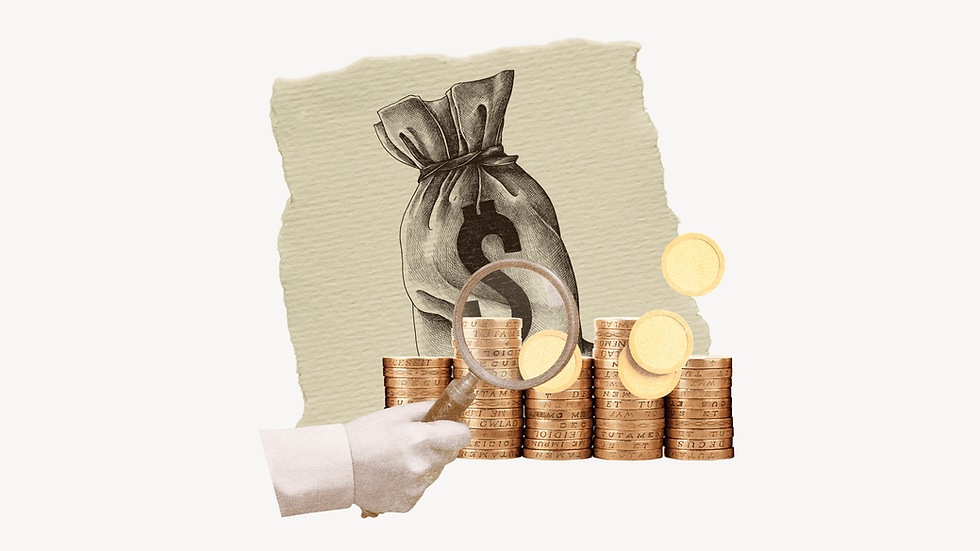How to Build a Diversified Halal Portfolio
- Mohammad Rahman
- Jun 23, 2025
- 2 min read

Building a diversified halal investment portfolio is essential for Muslim investors seeking to grow their wealth ethically while minimizing risk. Islamic investing requires avoiding prohibited elements such as interest (riba), gambling (maysir), and uncertainty (gharar), which adds an extra layer of screening to portfolio management. But with proper guidance and planning, constructing a Shariah-compliant and diversified portfolio is both achievable and rewarding.
The first step is to define your investment goals and risk tolerance. Are you investing for retirement, education, Hajj, or wealth accumulation? Knowing your time horizon and risk appetite will help shape your asset allocation, the mix of different types of investments in your portfolio.
Diversification involves spreading investments across various halal asset classes to reduce overall risk. These can include:
Equities (Stocks): Invest in Shariah-compliant stocks screened for low debt, non-permissible income, and ethical practices. Many platforms and indices, such as the Dow Jones Islamic Market Index, help identify such stocks.
Sukuk (Islamic Bonds): These are interest-free fixed-income instruments that generate profit through asset-based transactions. Sukuk adds stability to a portfolio, especially during stock market downturns.
Real Estate: Investing in rental properties or REITs (Real Estate Investment Trusts) that comply with Islamic guidelines is another way to add diversity and generate steady income.
Commodities (like gold): Gold is considered a stable store of value and a hedge against inflation. However, Islamic rules on gold trading (immediate delivery and no speculation) should be followed.
Halal Mutual Funds and ETFs: These funds pool money from multiple investors and are managed according to Islamic principles. They offer instant diversification and professional management.
Cash and Islamic Savings Accounts: Holding some portion in liquid halal savings helps manage short-term needs and protects against volatility.
One must also consider geographic diversification. Investing across different countries and regions (as long as they meet Islamic guidelines) can protect your portfolio from local economic downturns.
Ongoing screening and rebalancing are crucial. Businesses may become non-compliant over time, so it's important to review your holdings periodically. Rebalancing ensures that your portfolio remains aligned with your goals and risk tolerance.
Finally, consult with a Shariah-compliant financial advisor or use platforms that offer halal investment tools. They can help ensure your investments remain ethical and legally structured according to Islamic jurisprudence.
In summary, building a halal diversified portfolio requires planning, discipline, and continuous evaluation. It’s a strategic approach to achieving financial independence while staying true to Islamic values—balancing both dunya (this world) and akhirah (the hereafter).
.png)









This article provides a thoughtful approach to building a well-balanced portfolio by focusing on strategic asset diversification and long-term planning. The emphasis on aligning personal goals with a structured investment mix mirrors best practices often seen in enterprise planning. It’s a reminder that clarity, discipline, and the right framework can greatly reduce risks and increase performance outcomes. Just like investors use financial models, organizations rely on project portfolio management tools to evaluate, prioritize, and track initiatives for maximum value. A strong read for anyone serious about aligning strategy with execution.
Embrace the haunting charm of the iconic Tate Langdon Sweater a perfect blend of darkness and style inspired by American Horror Story’s mysterious heartthrob. This sweater screams vintage rebellion with a Gothic twist, making it a must-have for fans and fashion lovers alike. Channel Tate’s unforgettable energy and make every outfit scream “killer” vibes.